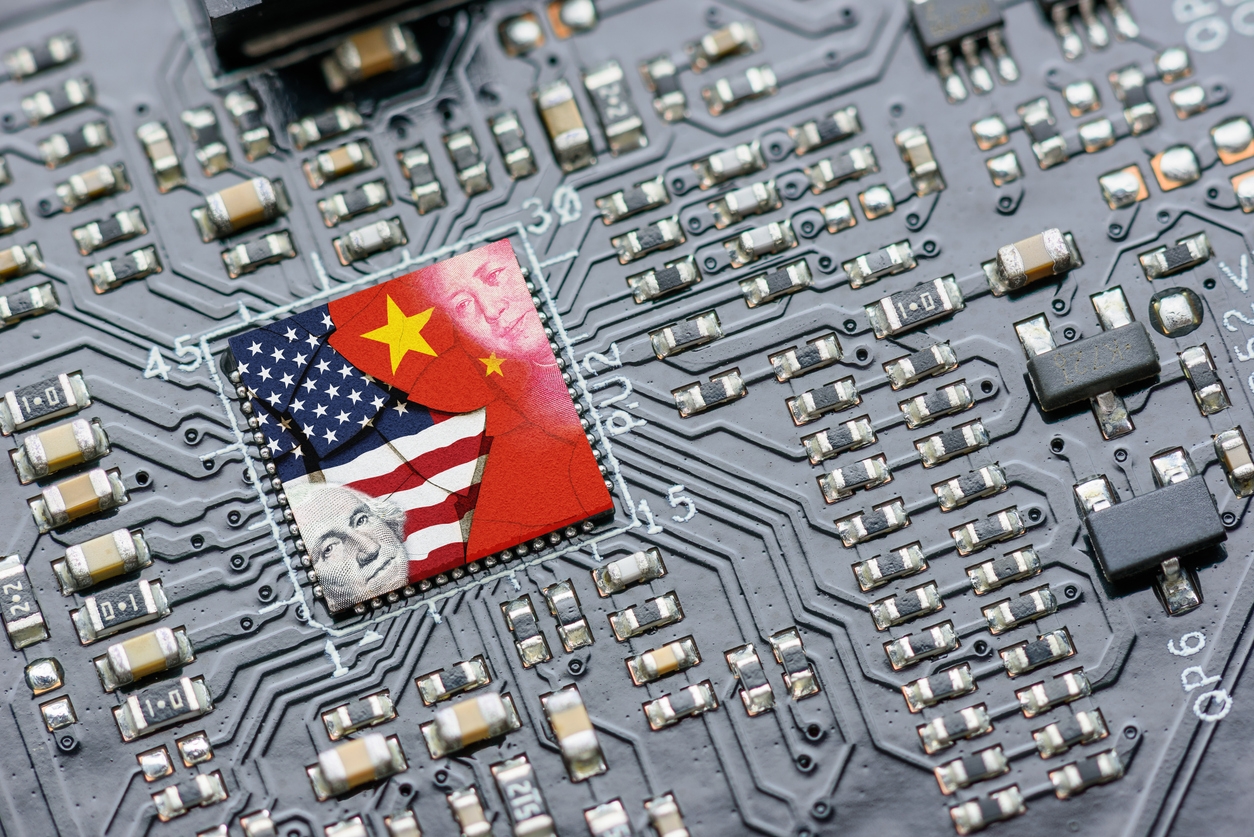Enterprise AI Profile: The Roche Group

Futuriom Enterprise AI Profile
Organization: The Roche Group and its subsidiary Genentech
Vertical industry: Healthcare
Description: Roche and Genentech discover, develop, and manufacture pharmaceutical drugs, and Roche also specializes in diagnostic products, such as cancer markers and other pathology tools.
The companies work in a sector in which nearly all proposed drugs fail to make it to market, while those that do can take a decade to develop. For several years, both Roche and Genentech have engaged AI and machine learning to streamline the development of pharmaceuticals.
To access the rest of this article, you need a Futuriom CLOUD TRACKER PRO subscription — see below.
Access CLOUD TRACKER PRO
|
CLOUD TRACKER PRO Subscribers — Sign In |















